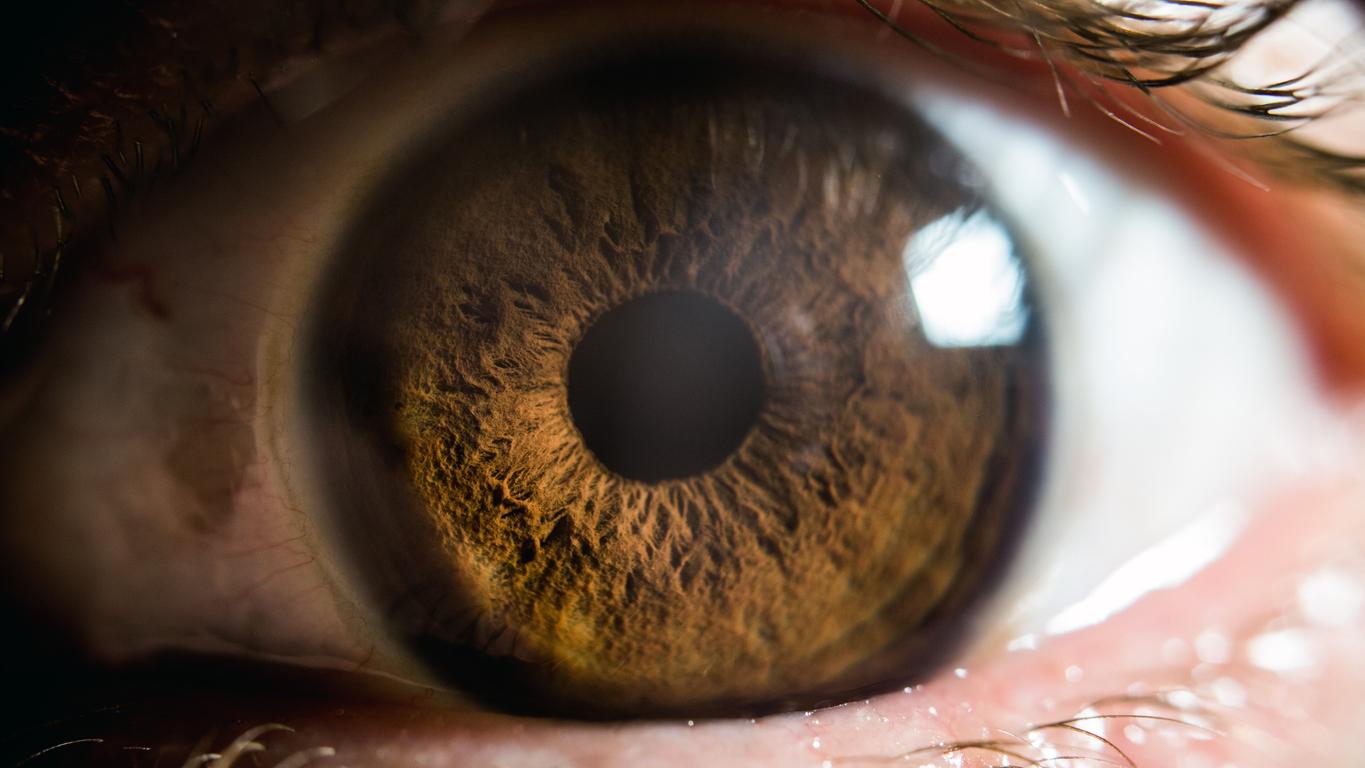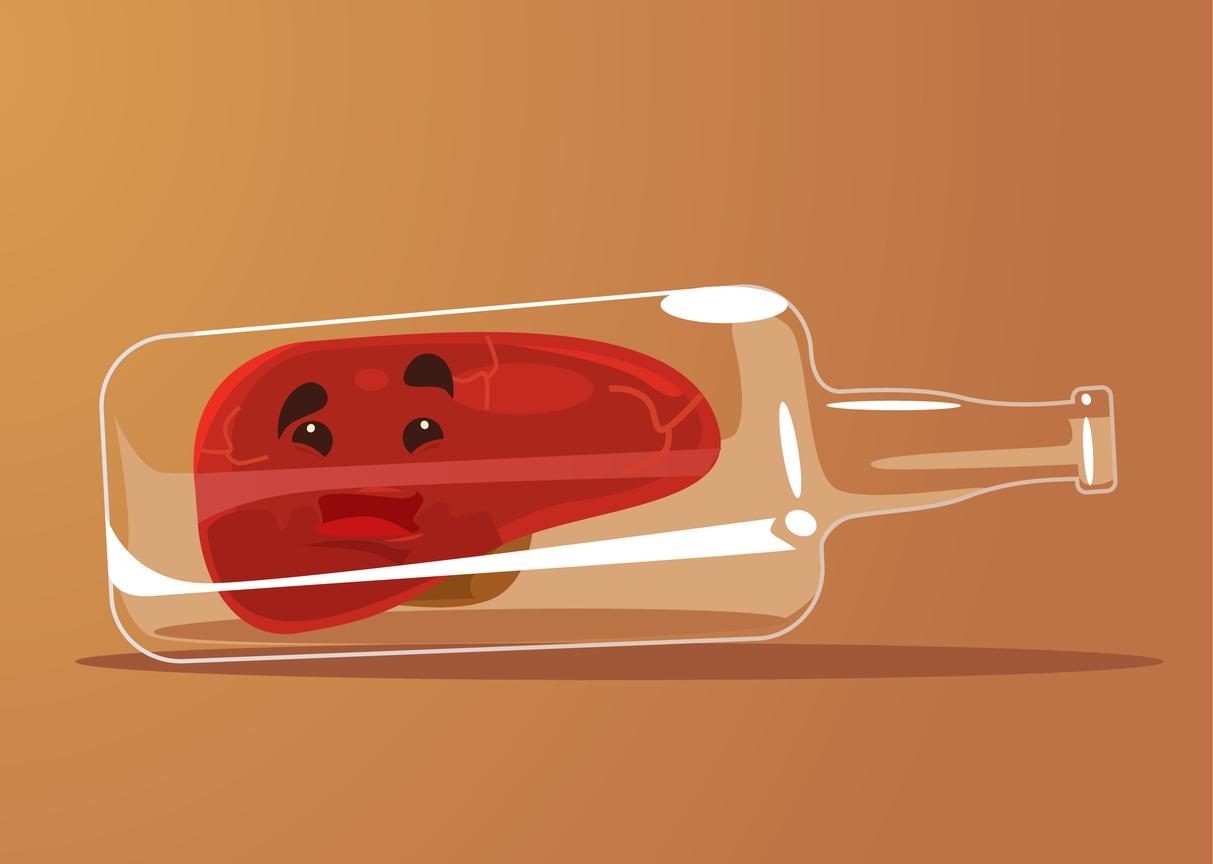Extensive research carried out on more than a million people highlights the same genetic basis shared by problematic alcohol consumers.

- A recent study of a million people with problematic alcohol consumption (PAC) shows that they have a “widely shared genetic architecture”, with more similarities than differences.
- The identification of these genetic particularities could be used to establish “risk scores” to estimate a person’s genetic risk of falling into problematic alcohol consumption.
- Alcohol consumption contributes directly or indirectly to 11% of male deaths and 4% of female deaths in France. Some 41,000 deaths are attributable to alcohol each year in France.
“A common genetic architecture.” This is what researchers discovered about people who have “problematic alcohol consumption” (CPA), that is to say habitual consumption which has adverse consequences on physical or mental health. Their work was published in the journal Nature Medicine.
Alcohol problems, a genetic basis “widely shared” ?
To reach the conclusion that there is a common genetic basis for alcohol problems, researchers studied the genome of more than a million people suffering from CPA, notably using data provided by the US Department of Veterans Affairs. They included as many genetic ancestral groups as possible in the study, including people of European, African, Latin American, East Asian, and South Asian ancestry.
The study showed that “the genetic architecture of the CPA” is widely shared, and that there are more similarities than differences. “By leveraging multi-ancestry information, we identified 110 genetic regions and improved the fine mapping of potential causal variants in each region”explains Professor Hang Zhou, lead author of the research, in a communicated.

Estimating the genetic risk of problematic alcohol consumption
“Our research focused on understanding the molecular mechanism underlying CPA and identifying genetic targets is extremely important for future treatments and could help mitigate the consequences of excessive alcohol consumption”he continues.
According to the researchers, the identification of these genetic particularities could be used to establish in the future “polygenic risk scores” – corresponding to the total number of variants which increase a person’s risk of developing a particular pathology – in order to estimate an individual’s genetic risk with regard to problematic alcohol consumption.

















